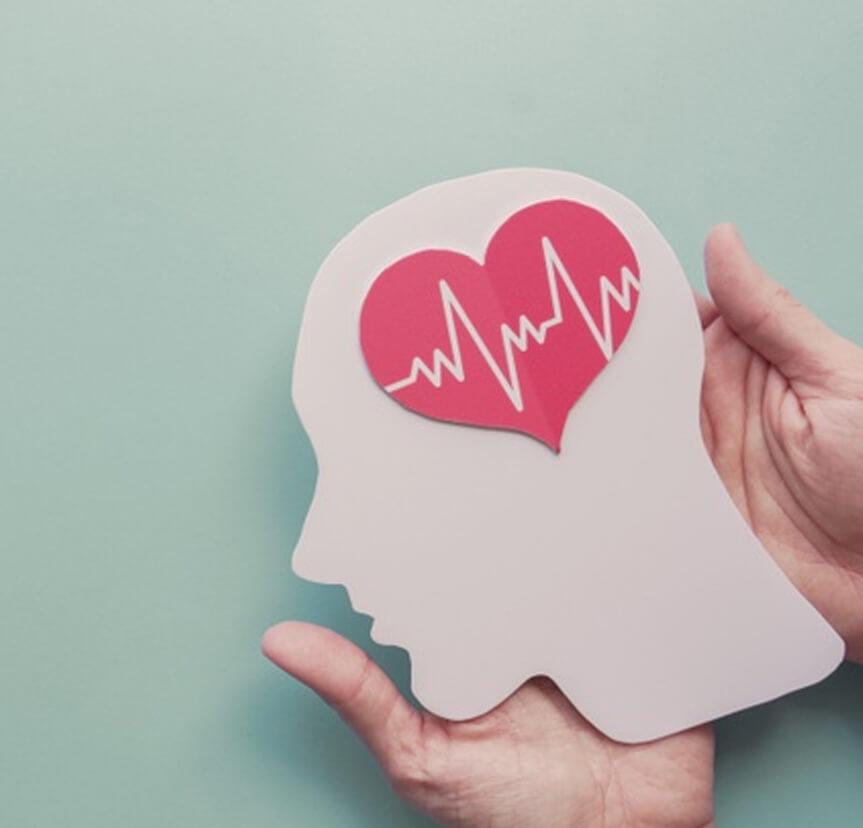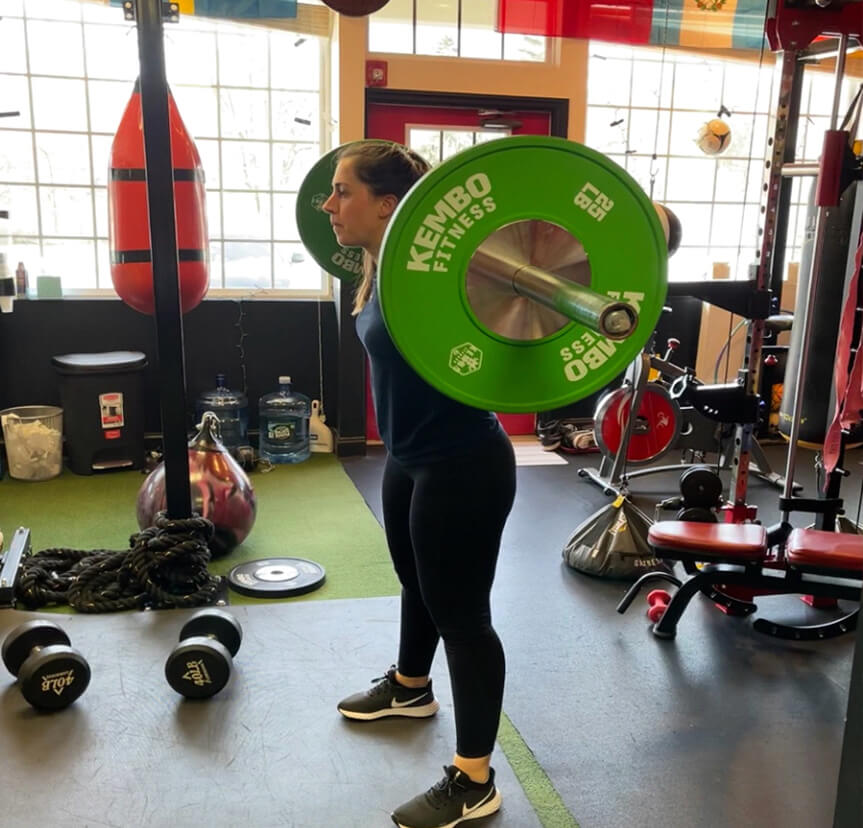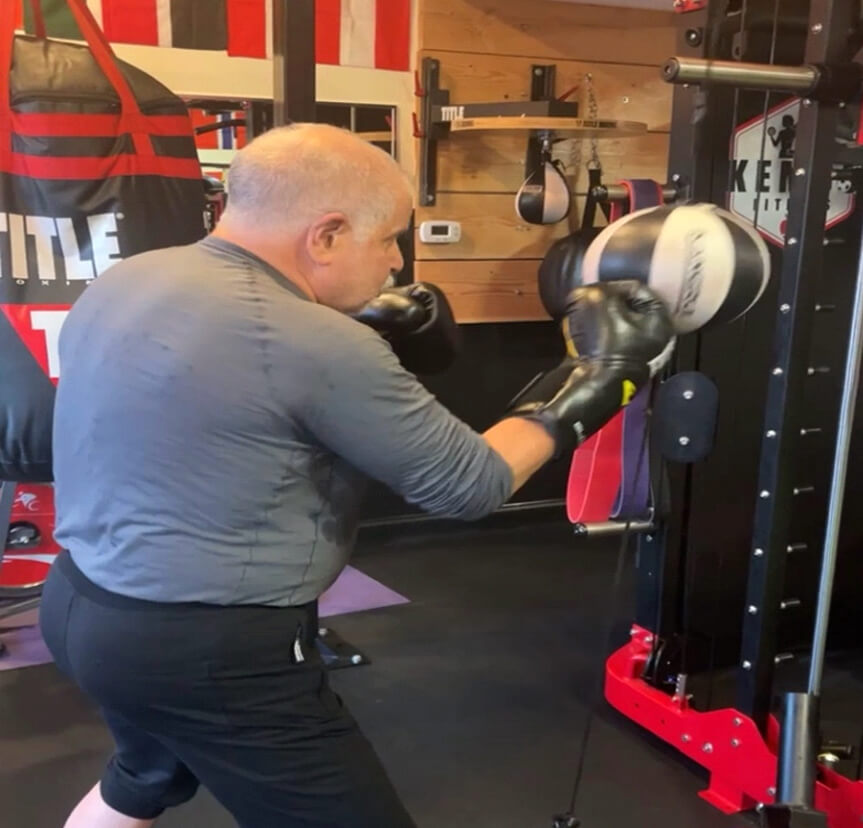
improves Mental Health
During exercise, your body releases chemicals that can improve your mood and make you feel more relaxed. This can help you deal with stress and reduce your risk of depression and anxiety.

Control Your Weight
Along with diet, exercise plays an important role in controlling your weight and preventing obesity. To maintain your weight, the calories you eat, and drink must equal the energy you burn. To lose weight, you must use more calories than you eat and drink.

Prevent Heart Disease
Exercise strengthens your heart and improves your circulation. The increased blood flow raises the oxygen levels in your body. This helps lower your risk of heart diseases such as high cholesterol, coronary artery disease, and heart attack. Regular exercise can also lower your blood pressure and triglyceride levels.

Manage Blood Sugar
Exercise can lower your blood sugar level and help your insulin work better. This can cut down your risk for metabolic syndrome and type 2 diabetes. And if you already have one of those diseases, exercise can help you to manage it.

Strengthen Bones and Muscles
Regular exercise can help kids and teens build strong bones. Later in life, it can also slow the loss of bone density that comes with age. Doing muscle- strengthening activities can help you increase or maintain your muscle mass and strength.

Boosts Energy
Regular physical activity can improve your muscle strength and boost your endurance. Exercise delivers oxygen and nutrients to your tissues and helps your cardiovascular system work more efficiently. And when your heart and lung health improve, you have more energy to tackle daily chores.

Increase Sleep Patterns
Regular physical activity, regardless of whether it is aerobic or a combination of aerobic and resistance training, can help you sleep better and feel more energized during the day.
For more information, contact us at





































